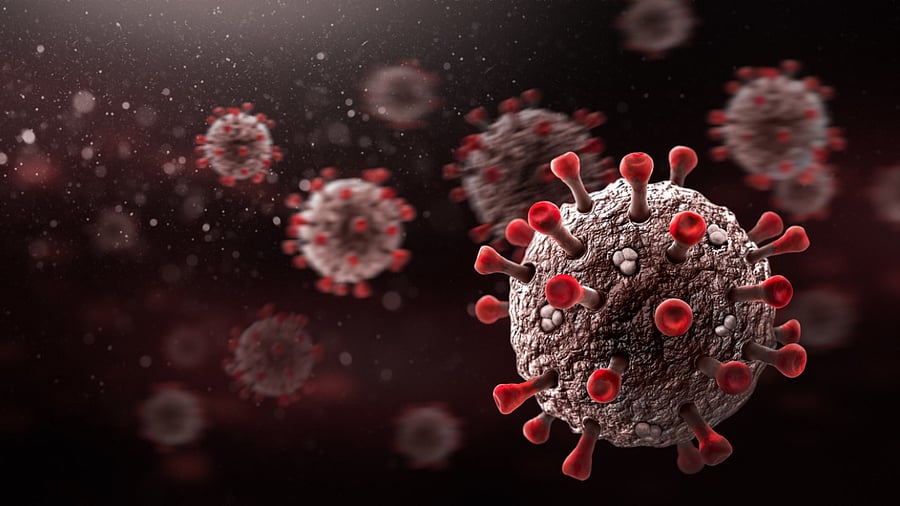
A new study by researchers in Scotland shows that the Omicron variant of the coronavirus has undergone significant biological changes compared to older configurations.
According to a report by Hindustan Times, the changes are not only leading to large immune resistance but also seemingly changing the way it infects cells.
“The Omicron variant represents a major change in biological function and antigenicity of Sars-CoV-2 virus... Moreover, our work demonstrates that Sars-CoV-2 exhibits high antigenic and functional plasticity; further fundamental shifts in transmission and disease should be anticipated,” the team led by researchers from MRC – University of Glasgow Centre for Virus Research were quoted as saying in the report.
The researchers also found that the variant is very resistant to antibodies from vaccinated people and it is bad at infecting lung cells, which is most likely leading to milder disease.
Omicron, the new variant of the SARS-CoV-2 virus, has taken the world by storm forcing countries to reimpose restrictions and lockdowns. The variant doesn't spare even vaccinated individuals or those who have contracted Covid before, bringing into conversation its mutations and the human body's response to it.
Check out latest videos from DH:
